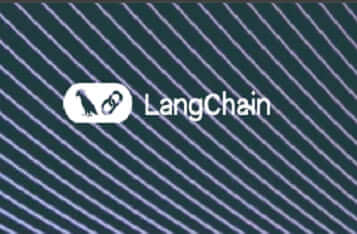Uniswap (UNI) Integrates ZKsync for Enhanced Trading Experience
Uniswap (UNI), a leading decentralized exchange, has announced the integration of ZKsync, a Layer 2 scaling solution, into its platform. This development aims to provide users with lower gas fees and faster transaction times, enhancing the overall trading experience, according to Uniswap Protocol.
Enhanced Performance with ZKsync
ZKsync utilizes zero-knowledge proofs to scale on-chain throughput. This technology allows for significant improvements in transaction speed and cost efficiency compared to the Ethereum mainnet. Users can now take advantage of these benefits by swapping tokens and providing liquidity through the Uniswap interface.
To start swapping on ZKsync, users can navigate to app.uniswap.org, select the network button, and choose ZKsync. The process is designed to be seamless, ensuring that even those new to Layer 2 solutions can easily make the transition.
Liquidity Provision on ZKsync
In addition to swapping tokens, users can provide liquidity on ZKsync using the Uniswap interface. By visiting app.uniswap.org/pool and selecting the ZKsync network, users can create a new liquidity position by choosing their preferred token pair.
This integration is expected to attract more liquidity providers to the Uniswap platform, as the lower gas fees and faster transaction times on ZKsync offer a more efficient environment for liquidity provision.
Celebratory Quest with Layer3
To celebrate the launch of ZKsync on Uniswap, the platform has partnered with Layer3 to offer a special Quest for users. Participants can earn CUBEs and XP by swapping tokens and providing liquidity on ZKsync through the Uniswap interface. More details about the Quest can be found on the Layer3 website.
The integration of ZKsync marks a significant step forward for Uniswap in its mission to provide a more scalable and cost-effective trading environment. As DeFi continues to evolve, such innovations are crucial for maintaining user engagement and ensuring the long-term viability of decentralized exchanges.






